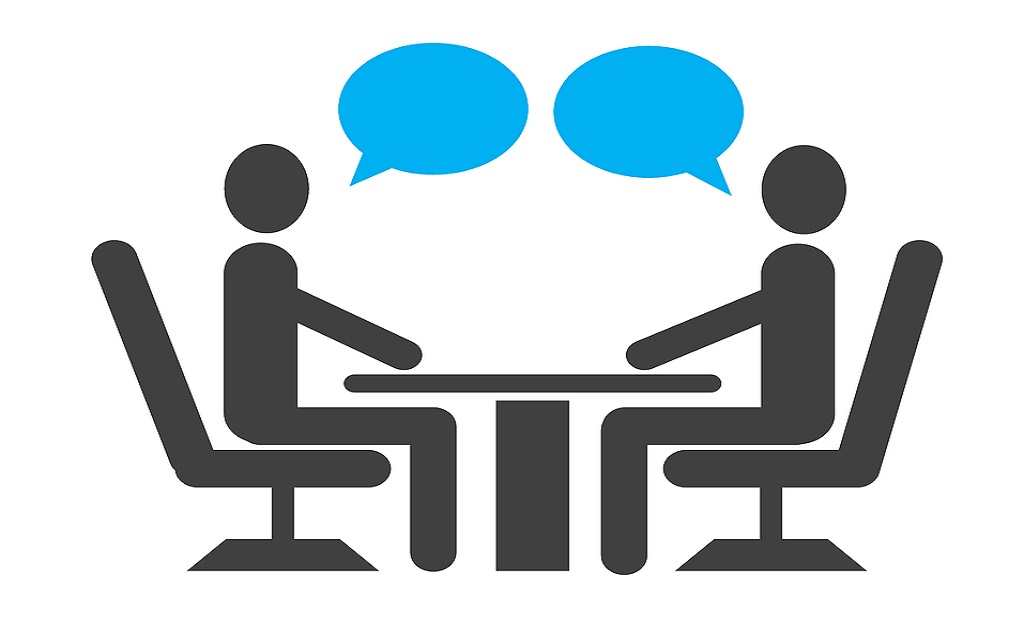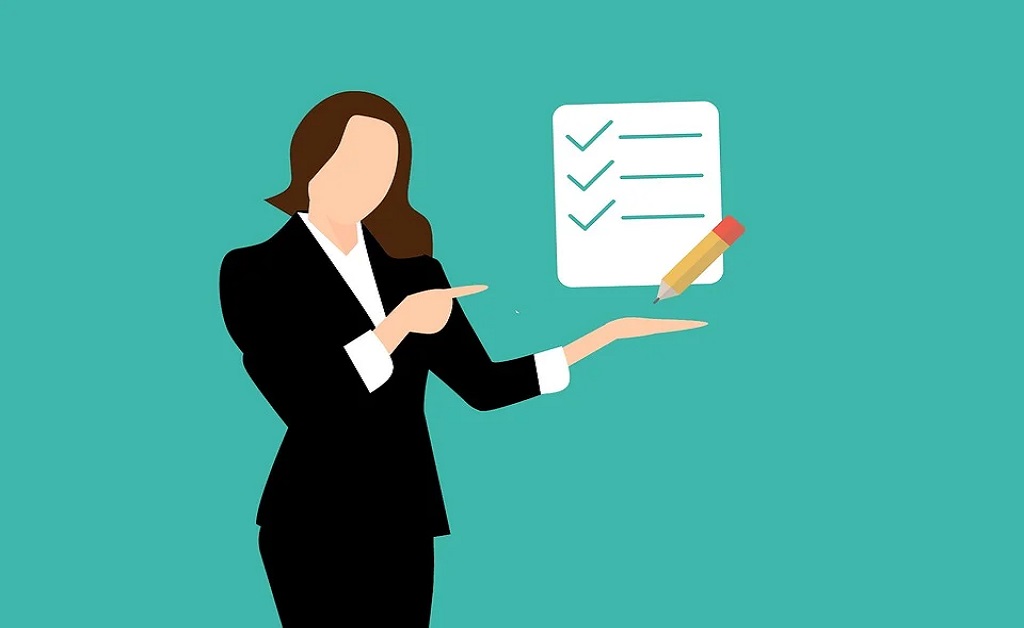
Suggestions For Developing an Interview Process
An interview process is a series of steps that companies use to screen and assess prospective employees. People who go through a good interview process can save you a lot of time and money when they apply for jobs. It can also help you find good people.

Steps to Create an Effective Interview Process
-
Establish Your Objectives
It’s important to think about what a successful interview process looks like for your business and see if your recruitment department has the resources to do this. Your long-term success will be easier to gauge this way, and you’ll be able to pinpoint any parts of your interview that need further work.
-
Establish the Style of Your Interview
Do you intend to conduct interviews in a conversational style? Or will you do strict interviews that require a lot of people? Interview formats may vary widely, depending on the post being advertised and your recruiting budget, but it’s critical to think about the overall tone and atmosphere you want to convey. When selecting your interview panel and interview questions, keep your choice in mind.
-
Determine Whom You Want to Hire
Candidates will not all have the same set of skills since each job is unique. When it comes to a candidate’s education, personality, and skills, however, you can still set a minimum level. Finally, for each job, you’ll want to construct an ideal applicant persona with specific data on the credentials, personality, and skills you’re looking for.
-
Make A General Interview Process Outline
A basic overview of the interview process may be drawn up after you have specified your objectives. Do you need to take any examinations or complete any assignments? In the first round, will you do phone or video interviews? Clarify the interview process so that it meets the needs of your company and eliminates any confusion. The contents of your ideal interview procedure should be written down before you begin the actual interview process.
-
Your Interviewers Should Be Well-prepared
Make sure your interviewers are adequately prepared for the work to ensure a smooth hiring process. Examine your interviewers’ abilities to find a good match for the firm and to have a professional but comfortable discussion before doing formal interviews, and make sure that they understand the needs and duties of each job before performing official interviewing.
Find out more about the people you’re considering hiring. Interactions take place on both sides of the table, which means that the interviewee should feel as though they were honestly heard and given all of the information, they need to make an educated choice. Learn more about each candidate before you make a decision. It’s possible to find out more about a person by looking beyond their title and job description and instead focusing on the qualities and abilities shown on their CV.

- Discuss Several Forms of Interview Questions
Even if you’re just doing one round of interviews, it’s a good idea not to ask too many conventional questions. The amount of time you have to assess applicants’ skills and experience in a comparable function is restricted after just one round of interviews. As a result, your questions must be detailed and tailored to each candidate’s position.
Think about asking leadership interview questions if you’re searching for a new boss, for example, so that you can learn more about their management style. Situational interview questions and/or stress interview questions should be considered for occupations that involve a lot of customer service and a high workload.
-
Provide A Practical Evaluation
Assessments can help you find people who have the inherent ability to fit into a job, even if they seem excellent on paper and during interviews. Candidates’ language competence, emotional intelligence, skills, personality, and job-related information may all be assessed via pre-employment testing. Provide applicants with advance notice of any assessments that will be used in the recruiting process so they may prepare accordingly.
-
Communicate with Applicants Systematically
Consistently keep in touch with potential hires to let them know where the recruiting process stands. Do not provide a specific date for when you will contact the recipient with your final input, since you may run into delays or need a longer time to make a decision. Avoid providing a deadline. The most important thing is to keep the applicants informed at all times. Depending on the size of your interview process, this may be accomplished with frequent updates every one or two weeks.
-
Talk About Each Applicant with The Interview Panel as A Group
Discuss each applicant with the interview panel once all interviews and evaluations have been completed. When some prospects stand out and create a lasting impression, it is a positive indication. Some of the panelists may sense a spark during the conversation, while others may not. You may be able to discover features that the previous interviewer missed if you encourage ongoing discussion.
-
The Interview Process Should Be Challenging
Having a challenging interview process does not have to be a complex and time-consuming procedure. It’s possible that you’ll hire individuals who can’t perform the job’s requirements if you get comfortable and ease the hurdles. To keep things fresh, keep an eye out for ways to offer new methods, questions, or evaluations of assessment. Candidate flexibility and aspiration will be highlighted as a result.
Also Read: Overview Of the Hiring Process with Some Helpful Advice and Facts
Stay Connected!






